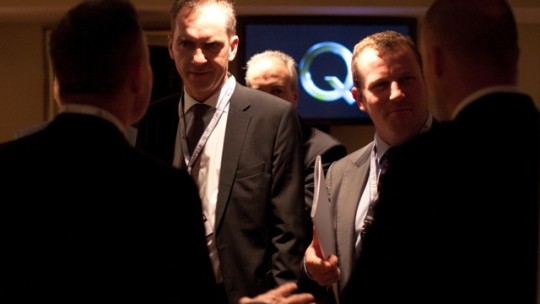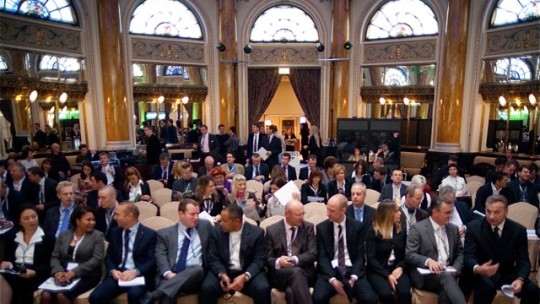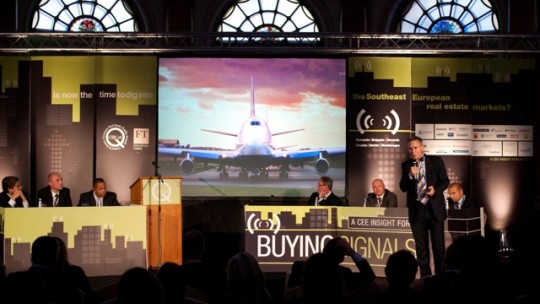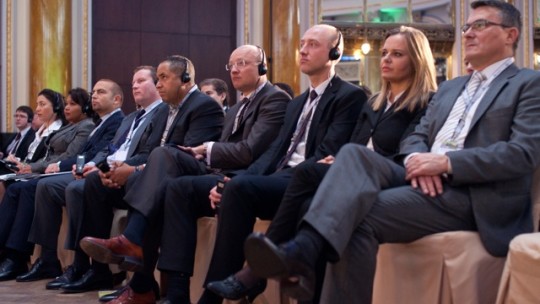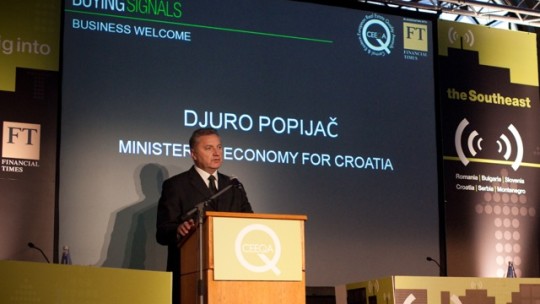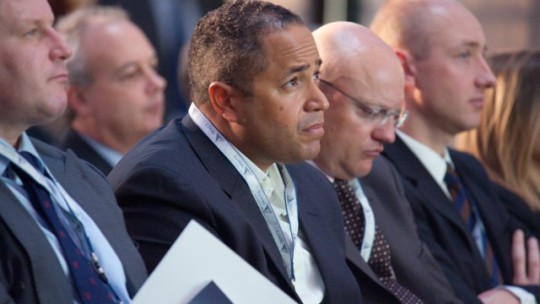Buying Signals Southeast Europe
Insight Summit — Hotel Regent Esplanade, Zagreb, 4th November 2010
Is now the time to dig into the SEE property markets?
EBRD encouraged by medium term outlook for SEE property markets as business leaders see investor interest returning despite absence of debt finance.
Investor interest in the SEE property markets is returning despite an almost total absence of liquidity, was the over riding opinion among nearly 150 of the emerging Europe property arena’s most influential executives gathered at the exquisite Regent Esplanade hotel in Zagreb.
The insight summit organised by CEE Insight Forum in association with the Financial Times brought together senior representatives of the region’s leading investors, developers, consultants and service providers to discuss current sentiment, challenges and opportunities in the sector. Expertly moderated by David Dixon, a Partner of international law firm Norton Rose, event opened with a business welcome by Croatian Minister of Economy Djuro Popijac who emphasised the efforts being made to strengthen Croatia’s appeal to inward investors including the real estate sector.
The lack of commercial banks among the panelists told its own story, verified by Martin Erbe, Managing Director of cross border financier Westimmo, who declared that “debt finance was almost totally unavailable for the SEE markets.”
A Key Note address by EBRD’s Director of Property & Tourism, Sylvia Gansser-Potts supported by panelist Michéle Small, a Senior Banker for EBRD, struck a note of optimism, highlighting the depth of their interest with 34% of its current €1.9bn loan and equity portfolio dedicated to the SEE markets, and stressing efforts to bring commercial banks into the arena by strengthening partnerships. The bank sees a favourable medium term outlook for the region, with the likes of Albania, Bosnia & Herzegovina, Bulgaria, Macedonia and Serbia moving into positive growth for 2010 and the remainder joining them in 2011.
A pivotal moment in the forum was the announcement by Eli Alroy, chairman of GTC and one of the most active and deeply invested developers in the region, that the worst was over, the market had bottomed out and it was a good time for developers – but that governments in some countries must do more to speed up tax and statutory process reform to assist investors. This view was supported by former Deputy Prime Minister of Croatia and economic advisor to the President, Borislav Škegro, who heads up Croatia’s only home grown fund Quaestus Invest, Croatian developer Boris Kordic of Hidrocommerce Group and legal expert Krešimir Lipovšiak of TPA Horwath. However Philip Bay, Managing Partner Southeastern Europe for Colliers International, said a number of countries including Bulgaria and Serbia we becoming very investor friendly.
Alroy’s optimism was shared by GTC’s Director of International Development, Hagai Harel, and two of the leading opportunity investors in the emerging Europe arena, presenter Otis Spencer of Heitman International and panelist H. Cabot Lodge III of WP Carey. The investors concurred that the quality of produce and higher risk returns offered by the SEE markets will quickly become attractive as the CE markets converge further with western Europe and get too expensive. Both have demonstrated their commitment with significant acquisitions already and more in the pipeline, Spencer said there was some upside for investors as well as developers that the downturn had ‘shaken out the amateurs’ and toughened the supply side.
Mark Rea of Gardiner & Theobald suggested it may soon be time for developers to blow the dust of suspended projects but Dean Pavlak of Strabag said the crisis was still deep from their point of view with shortage of contracts and heavy downward pressure on prices.
This rising sentiment was borne out by agents Troy Javaher and Ben Ellischewitz of Jones Lang LaSalle, Philip Bay of Colliers International, Ward Stocker of King Sturge and Jos Tromp of CB Richard Ellis, all of whom signaled a sense that investment interest was returning though it wasn’t yet translating into transactions, principally because of the absence of liquidity but also because of sweeping perceptions by many investors as well as banks.
Javaher’s analysis of investor response was supported by Stocker who said that some investors and also most banks are currently too generalised in their assessments to see where quality product and attractive margins are available, a theme that also ran through the presentations of Gansser-Potts and Spencer. Another deterrent is high rents in primary city CBDs like Bucharest, which are being marked as unsustainable by investors but which is also creating an opening for developers to service demand for premium, lower cost business space.
Most panelists agreed with the assertion of Jörg Banzhaf, CIO of Atrium European Real Estate, that when the market did return the focus would initially be almost exclusively on primary cities, some of which were already over supplied in retail. Cabot Lodge noted one of the key features of EU orientation is an influx to primary cities chasing work and money stemming from infrastructure investment, with knock on effects for residential as well as commercial demand, but he stated a preference for properties that serve a local demography rather than properties that are location sensitive.
The summit concluded with a presentation on the 2010 award categories, jury and judging timetable for the CEE Real Estate Quality Awards [CEEQA], including the announcement of the extension of CEEQA’s coverage to include those SEE as well as CEE markets undergoing economic and political reorientation since 1989.

